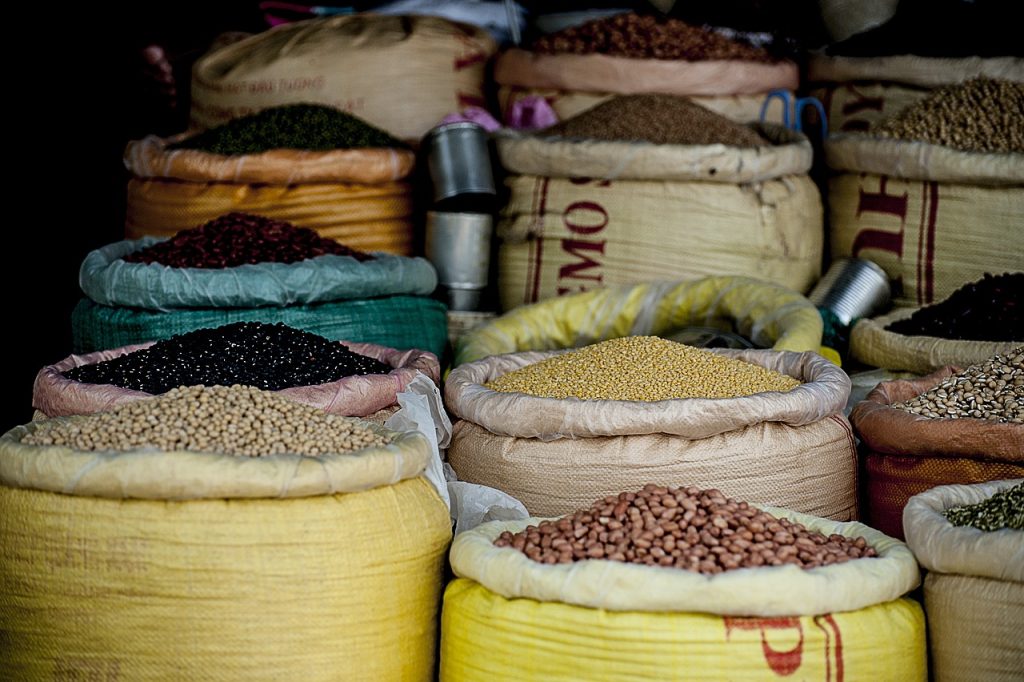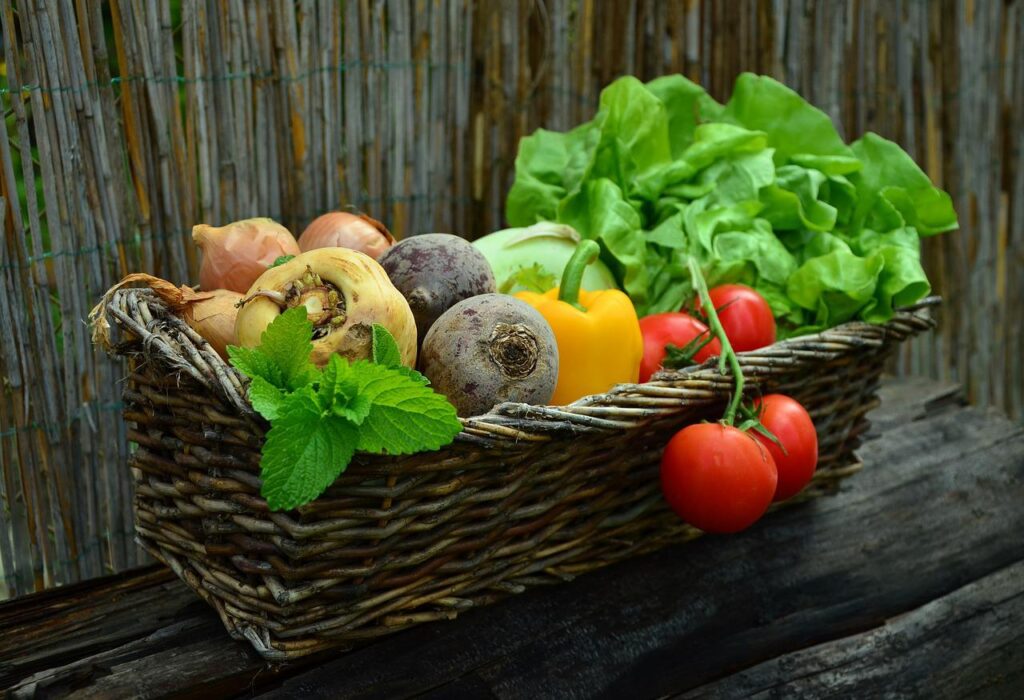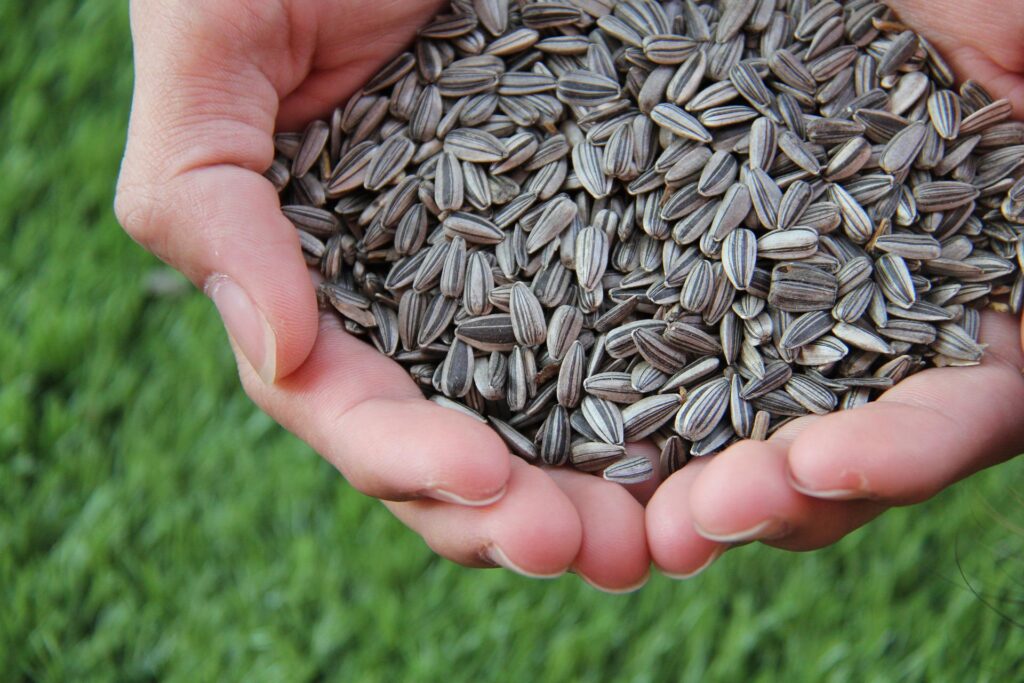Many people believe that one must eat meat, dairy or eggs in order to build muscles. In this article, we will discuss what current scientific evidence says about this idea. To make it simple and straightforward, I will present to you a summary of high quality and mostly cited research articles.
Ok, straight to the evidence!
In a 12-week study, researchers examined the effects of supervised resistance training on young men, comparing habitual vegans and omnivores. Both groups underwent the same training program twice weekly. To standardize protein intake, participants adjusted their diets to include 1.6 grams of protein per kilogram of body weight per day, either supplemented through soy protein for vegans or whey protein for omnivores. Throughout the intervention, dietary intake was closely monitored. Results showed significant increases in various measures of muscle development for both groups, including leg lean mass and leg-press strength. The research concluded that individuals adhering to a vegan diet can achieve similar muscle-building benefits as their omnivorous counterparts as long as protein intake is adequate.
(Read here: High-Protein Plant-Based Diet Versus a Protein-Matched Omnivorous Diet to Support Resistance Training Adaptations: A Comparison Between Habitual Vegans and Omnivores, J of Sports Medicine, 2021)
Another study aimed to compare the impact of soy and whey protein supplements, both containing equal amounts of leucine, on muscle growth and strength gains following 12 weeks of resistance training. Sixty-one untrained young adults, including 19 men and 42 women aged 18 to 35, enrolled in the study, with 48 completing it (17 men and 31 women). Participants engaged in supervised resistance training sessions three times a week and consumed either 19 grams of whey protein isolate or 26 grams of soy protein isolate daily, with both supplements containing 2 grams of leucine. The results showed that both groups experienced similar increases in total body mass, lean body mass, and leg strength. Vastus lateralis muscle thickness tended to increase in both groups, although this difference did not reach statistical significance. Importantly, there were no significant differences observed between the two groups, indicating that soy and whey proteins matched for leucine supported comparable muscle growth and strength gains during resistance training in untrained individuals.
(Read here: No Significant Differences in Muscle Growth and Strength Development When Consuming Soy and Whey Protein Supplements Matched for Leucine Following a 12 Week Resistance Training Program in Men and Women: A Randomized Trial, Int. J. Environ. Res. Public Health 2020)
Another cross sectional study looked at dietary differences among competitive bodybuilders during two phases of their competition preparation: the muscle-gaining phase (bulking) and the contest preparation phase (cutting) and whether the vegan diet needs the nutritional requirement of bodybuilders. They asked 18 bodybuilders about their height, weight, training routine, and if they’re vegan or not. Participants completed an initial online questionnaire covering anthropometric measurements, training history, and diet type (vegan or omnivorous). They then logged their food intake over 5 days during the bulking and cutting phases, with a two-month gap between phases. The result showed that during bulking, omnivore bodybuilders consumed 2.2–2.7 g/kg/day, while vegans consumed 1.9–2.5 g/kg/day, meeting or exceeding the recommended range of 1.6–2.2 g/kg/day for both groups. In the cutting phase, vegans (1.6–2.2 g/kg/day) fell short of the recommended 2.3–3.1 g/kg/day, while omnivores (2.2–2.7 g/kg/day) stayed within range. They concluded that vegan bodybuilders may struggle to meet protein needs during caloric deficits. However, with proper nutrition planning and supplementation, a vegan diet can still be suitable for bodybuilders, highlighting the importance of professional guidance in achieving optimal nutrition for muscle maintenance.
(Read here: Going Vegan for the Gain: A Cross-Sectional Study of Vegan Diets in Bodybuilders during Different Preparation Phases, Int. J. Environ. Res. Public Health 2023)
A recent systematic review and meta-analysis analyzing 18 and 16 studies respectively has reported that both animal and plant protein sources led to an increase in median lean mass and strength outcomes. Animal protein seemed to be a bit more effective at increasing muscle size, especially in younger people <50 years. However, when it came to strength, there wasn’t a significant difference between animal and plant protein with or without resistance exercise training.
(Read here: Animal Protein versus Plant Protein in Supporting Lean Mass and Muscle Strength: A Systematic Review and Meta-Analysis of Randomized Controlled Trials, Nutrients, 2021)
A recent review study has concluded that plant proteins can serve as a nutritionally adequate substitute for animal proteins in stimulating muscle protein synthesis (MPS) and supporting muscle mass. Though plant protein generally have lower essential amino acid (EAA) and leucine content, slightly lower protein bioavailability, and lower protein density per serving, these drawbacks can be addressed by diversifying food groups throughout the day to ensure sufficient intake of all EAAs and leucine, employing cooking techniques (eg. sprouting) to enhance protein bioavailability, and increasing serving sizes of plant-based foods (eg. legumes) or isolated plant proteins (eg. protein powder). The review concluded that plant protein supplements like soy, beans, peas, rice, and potato can be just as effective as animal protein supplements (eg. whey protein powder) in muscle and strength gain. They also mention that ‘more studies are needed to support the guidelines regarding the use of plant protein sources to adequately, sufficiently, and safely meet the protein needs of individuals and evaluate the efficacy of muscle protein synthesis in humans compared to animal protein sources.’
(Read here: Plant-based food patterns to stimulate muscle protein synthesis and support muscle mass in humans: a narrative review, Appl Physiol Nutr Metab, 2022)
Takeaway
Until now, I have read dozens of studies on different kinds of proteins, their amino acid contents, digestibility, usage and efficacy. The more research I do, it becomes more clear that muscle growth and strength can be achieved without consuming meat, dairy, or eggs, as plant proteins are equally effective.
There is no denying the fact that animal based proteins such as meat, dairy and eggs offer balanced proportions of essential amino acids in higher amounts than most plant based foods such as legumes, nuts and grains. However, it is critical to remember that our diets aren’t restricted to a single food but rather consist of a variety of foods. In practice, a variety of legumes, grains, nuts, fruits and vegetables can work together to offer the whole spectrum of amino acids required for muscle building and overall health.
In practical life, we value convenience and time. Just as omnivores who are focused on building muscle often use whey protein powder, individuals following plant-based diets can also find value in using plant protein powders, like soy, blends of pea and rice, for convenience and effectiveness. However, it’s important to recognize that protein powders are not ALWAYS necessary for either omnivores or vegans.










